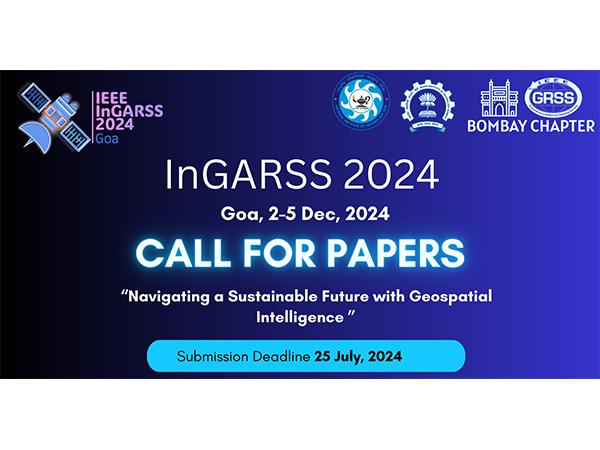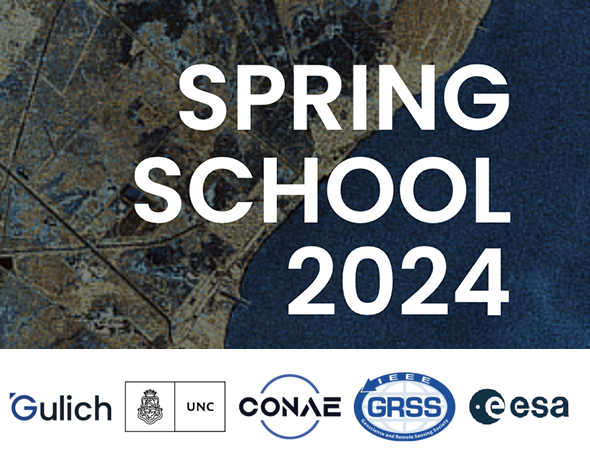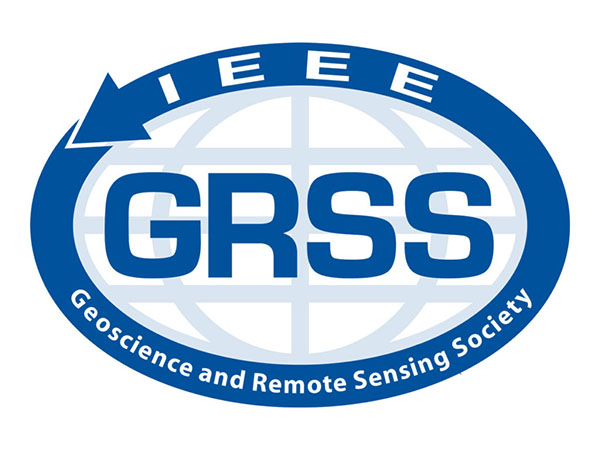Thursday, November 19, 2020
18:00-18:45 (Turkey GMT +3)
09:00-09:45 (US CDT GMT -6)
Speaker: Dr. Zhou Zhang, Univ of Wisconsin-Madison, USA
Sponsored by GRSS-Turkey Chapter

GRSS Webinar: Alfalfa Yield Prediction Using UAV-Based Hyperspectral Imagery and Ensemble Learning
Alfalfa is a valuable and intensively produced forage crop in the United States, and the timely estimation of its yield can inform precision management decisions. However, traditional yield assessment approaches are laborious and time-consuming, and thus hinder the acquisition of timely information at the field scale. Recently, unmanned aerial vehicles (UAVs) have gained significant attention in precision agriculture due to their efficiency in data acquisition. In addition, compared with other imaging modalities, hyperspectral data can offer higher spectral fidelity for constructing narrow-band vegetation indices which are of great importance in yield modeling. In this study, we performed an in-season alfalfa yield prediction using UAV-based hyperspectral images. Specifically, we firstly extracted a large number of hyperspectral indices from the original data and performed a feature selection to reduce the data dimensionality. Then, an ensemble machine learning model was developed by combining three widely used base learners including random forest (RF), support vector regression (SVR) and K-nearest neighbors (KNN). The model performance was evaluated on experimental fields in Wisconsin. Our results showed that the ensemble model outperformed all the base learners and a coefficient of determination (R2) of 0.874 was achieved when using the selected features. In addition, we also evaluated the model adaptability on different machinery compaction treatments, and the results further demonstrate the efficacy of the proposed ensemble model.
SPEAKER’S BIO:
Zhou Zhangreceived the B.S. degree in astronautics engineering and the M.S. degree in instrumentation science and optoelectronics engineering from Beihang University, Beijing, China, in 2010 and 2013, respectively, and the Ph.D. degree from geomatics and civil engineering from Purdue University, West Lafayette, IN, USA, in 2017. She is currently an Assistant Professor of biological systems engineering with the University of Wisconsin–Madison, Madison, WI, USA. Her research interests include UAV-based imaging platforms developments, high-throughput image-based plant phenotyping, multi-source remote sensing data fusion, machine learning and its related applications to remote sensing data. For more details, please check our digital ag lab website at digitalag.bse.wisc.edu/



























